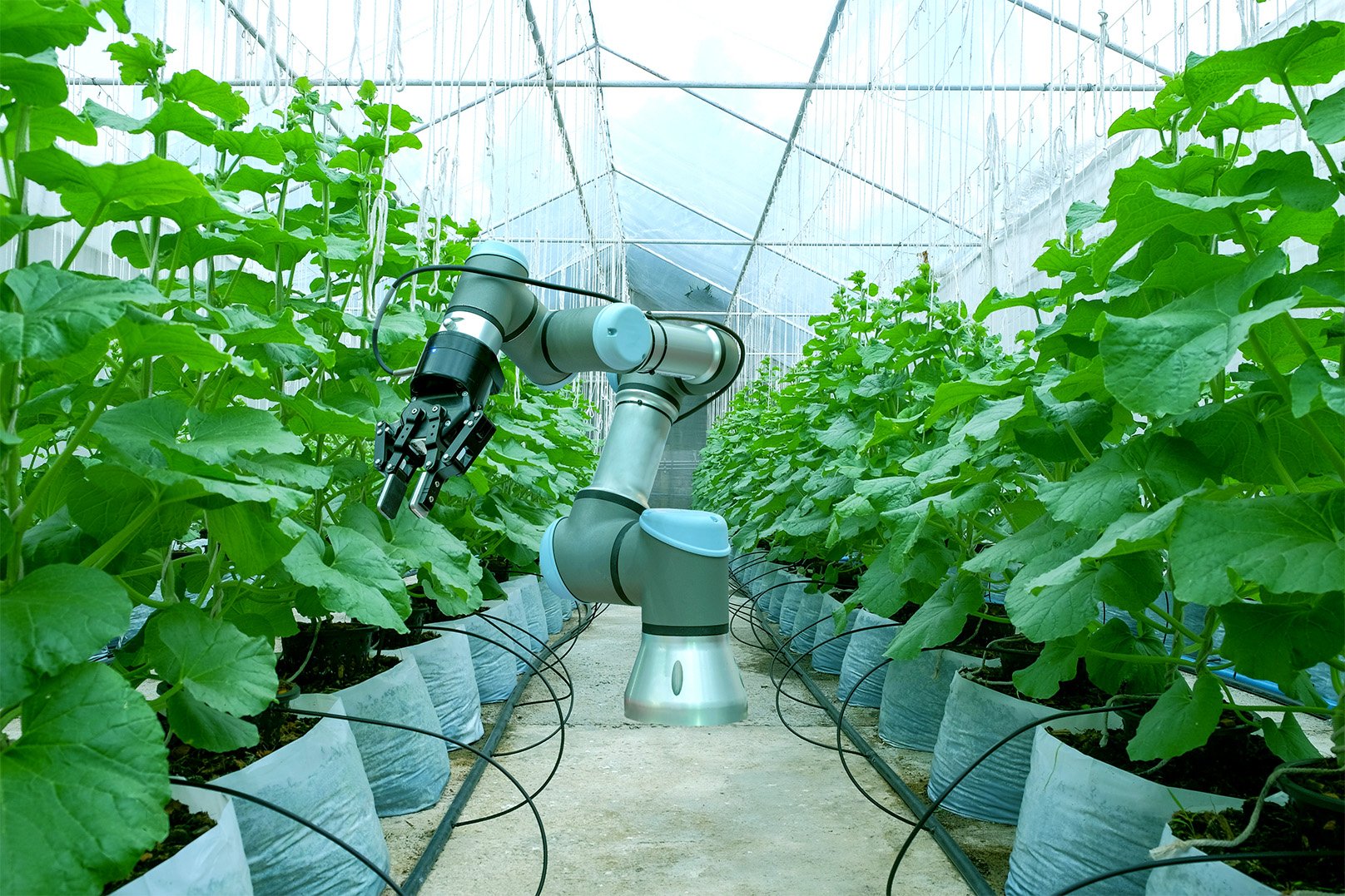What’s next for capitalism? The forces shaping future economic systems in the 2020s
The increasing urgency of the climate crisis, widening economic inequalities, and the aftermath of the Covid-19 pandemic may together push the future of capitalism towards new directions.
FUTURE PROOF – BLOG BY FUTURES PLATFORM
Widening economic inequalities and the idea of economic growth at the expense of the planet are under increasing scrutiny. As populations begin to demand businesses and governments to define their success in new metrics other than financial growth and economic prosperity, new routes for future economic systems are starting to take shape.
POST-COVID EMPHASIS ON LOCALISATION AND SELF-SUFFICIENCY
The disruption of global supply chains and the need for resilience became apparent during the Covid-19 pandemic and the war in Ukraine, leading many governments to prioritise economic self-sufficiency and national supply security.
Simultaneously, there’s been a surge in consumer demand for locally sourced products, driven by a heightened awareness of sustainability and ethical production. A report by Deloitte reveals that approximately two-thirds of global consumers now express a preference for locally produced goods.
Looking ahead, these shifts may prompt more and more businesses to focus primarily on domestic or neighbouring markets to reduce the risks associated with global supply chains. Depending on the industry, smaller enterprises may find it more feasible to concentrate their resources and marketing efforts on local markets, where they can have a more significant impact and see a higher return on investment.
GROWING SCEPTICISM TOWARDS TECH GIANTS
Already before the Covid-19 pandemic, concerns were mounting about the near-monopoly power wielded by tech giants. As the pandemic's impacts widened inequalities, big tech companies reaped substantial profits, intensifying discussions on wealth and power concentration.
Fast forward to today, with the emergence of generative AI, governments are taking proactive steps to regulate the tech behemoths, while people are becoming increasingly vigilant about safeguarding their personal data.
In this evolving landscape, values such as transparency, privacy, ethical tech practices, and a commitment to societal well-being are poised to take centre stage. Capitalism, in its metamorphosis, will face more pressures to generate positive environmental and social impacts alongside financial profits.
CAPITALISM AND GROWTH: HOW SUSTAINABLE IS IT?
The increasing urgency of the climate crisis highlights the unsustainability of the linear economy of ‘take-make-use-dispose’. As consumers reassess the feasibility of consuming ever more stuff and pivot to more mindful consumption habits, the narrative of continuous economic growth is also under increasing scrutiny.
With increasing awareness of the unsustainability of the fast production and consumption of goods, the standard metrics of success within the current economic model are being redefined. In the future, in addition to financial growth and economic prosperity, the success of governments, organisations, and businesses will be increasingly measured by carbon footprint and positive environmental impact.
For instance, the degrowth movement calls upon advanced countries to embrace zero or even negative GDP growth to be sustainable. This, however, presents complex challenges, from falling living standards to geopolitical ramifications.
In addition to circular economy, another increasingly pronounced alternative is stakeholder capitalism, where the needs of all stakeholders, including the environment and local communities, are served by corporations and supported by regulations.
THE FUTURE OF CAPITALISM: UNCERTAINTIES AND GEOECONOMIC SHIFTS
These transformative forces are steering capitalism towards a redefinition, with new values and metrics for success. As sustainable profitability becomes mainstream, countries and organisations will develop additional success metrics centred on the planet and societal wellbeing. Centring organisational values around these metrics are also likely to increase profitability in the long term, as consumers increasingly align their spending behaviour with the values they hold.
The accelerating shift toward local production and the climate crisis may define the coming decade with hyperlocalization and a reinvigorated sense of community. On the other hand, how the developing economies will be affected by these shifts remains to be seen. For instance, the middle class in China and India have grown significantly by selling goods and services to Western countries, and many other developing countries likewise saw rapid GDP growth and pulled large numbers of their population out of extreme poverty.
The steps taken by governments, businesses, and consumers will shape the geoeconomic order in this new era of capitalism. As we navigate these uncharted waters, one thing is clear: the landscape of capitalism is evolving in response to the world's pressing challenges.
KEY TRENDS SHAPING THE FUTURE OF CAPITALISM
To write this article, Futures Platform’s futurists have collected the data from different phenomena and studied the linkages between them. Here are the three colliding phenomena that are shaping the future of capitalism and the global economy.
Capitalism in Crisis
Many economic experts argue that the prevailing capitalist system is heading towards a crisis. As was the case in the 1930s and 1970s, a restart with new principles is needed. The current economic model is threatened by various new developments, such as the rise of protectionism, slowbalisation, virtual currencies, climate change, arms races and new wars, supranational companies gaining more power than states when it comes to economic policy, and the challenges that automation, robotisation and artificial intelligence pose for production methods and locations.
Hyperlocalisation
Hyperlocalisation means the desire to produce everything locally and by oneself, be it food, services, consumer goods, news, culture, or energy. More and more people are looking for chances to fulfil their daily needs with locally produced alternatives that serve the values and goals they deem important.
Climate Anxiety
In the future, a growing portion of people will experience the direct effects of climate change with the increase of extreme weather and natural phenomena, causing negative psychological impacts. Increasing climate awareness and the related anxiety has also led to new practices such as voluntary childlessness to avoid overpopulation and flight shame, due to which some people have stopped flying or are hiding the fact that they are flying out of guilt.
Never miss a post from our futurists! Sign up for our newsletter and receive the latest articles on disruptive future changes and foresight best practices straight to your inbox.




